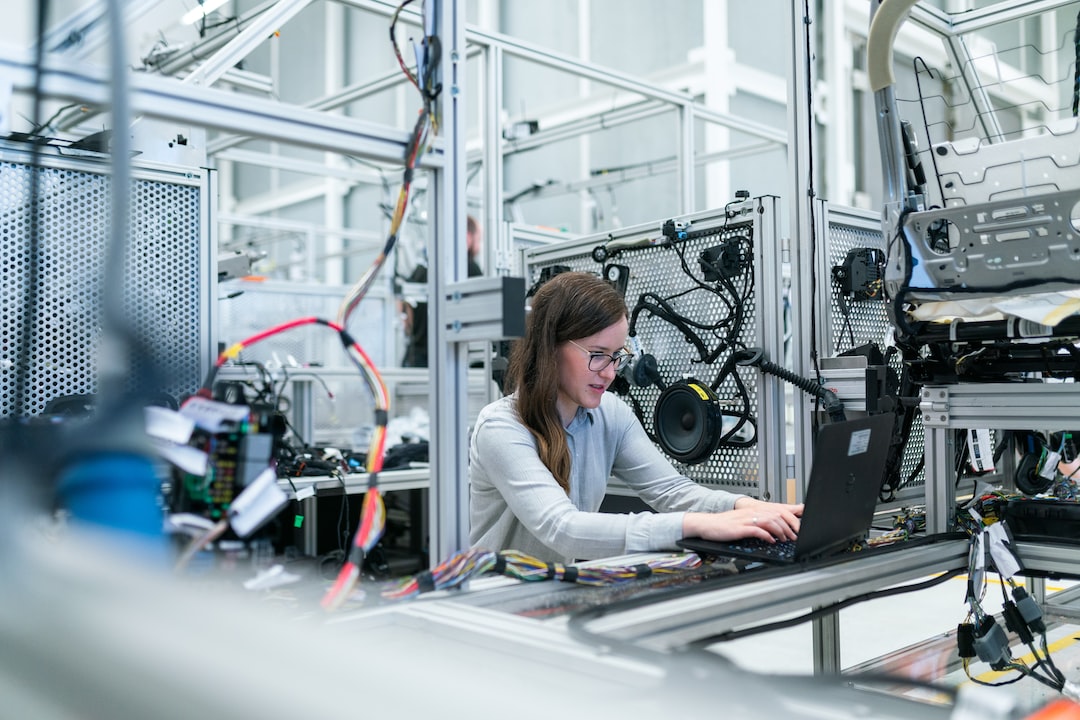Sustainable Packaging Solutions for Manufacturing Products
In recent years, there has been a growing concern about the impact of packaging on the environment. As consumers become more conscious of their choices, manufacturers are starting to embrace sustainable packaging solutions for their products. This shift towards sustainability not only benefits the environment but also helps businesses save costs and build a positive brand image. In this blog post, we will explore some of the sustainable packaging solutions that manufacturers can adopt to minimize their environmental footprint.
1. Reduce Packaging Materials
One of the most effective ways to make packaging more sustainable is by reducing the amount of materials used. Manufacturers can optimize their packaging design to minimize the use of excess materials, such as reducing box sizes or using thinner plastic films. By reducing the amount of packaging materials used, businesses can lower their overall carbon footprint and save costs on raw materials.
2. Use Recyclable Materials
Another important aspect of sustainable packaging is the use of recyclable materials. Instead of opting for single-use plastics or non-recyclable materials, manufacturers can use materials that can be easily recycled post-consumer use. This includes materials like cardboard, paper, glass, and certain types of plastics. By using recyclable packaging materials, businesses can contribute to a circular economy where products are recycled and reused instead of ending up in landfills.
3. Biodegradability and Compostability
In addition to recyclable materials, manufacturers can also consider using biodegradable or compostable packaging options. Biodegradable materials break down into natural elements over time, while compostable materials can be turned into nutrient-rich soil through the composting process. By using these types of packaging materials, businesses can ensure that their products do not leave a lasting impact on the environment even after disposal.
4. Sustainable Packaging Designs
Apart from materials, the design of packaging also plays a crucial role in sustainability. By utilizing innovative packaging design techniques, manufacturers can minimize waste and optimize space. For example, using modular packaging designs can help reduce the need for excess materials, as products of different sizes can be packaged together in a flexible manner. Manufacturers can also consider incorporating features such as resealable closures or easy-open mechanisms to extend the life of the packaging and promote reuse.
5. Eco-Friendly Printing Inks and Labels
Printed labels and inks are an integral part of product packaging, and their environmental impact cannot be ignored. To make packaging more sustainable, manufacturers can opt for eco-friendly printing inks that are free from harmful chemicals and contain low levels of volatile organic compounds (VOCs). Additionally, labels can be made from recycled materials or use water-based adhesives instead of petroleum-based ones.
6. Supply Chain Collaboration
Achieving sustainable packaging goals require collaboration across the entire supply chain. Manufacturers can work closely with their suppliers and packaging partners to ensure that sustainable practices are implemented at every stage. This includes selecting suppliers who share similar sustainability values and regularly assessing their environmental performance. By collaborating with the supply chain, manufacturers can collectively reduce waste, energy consumption, and greenhouse gas emissions.
7. Educating Consumers
Lastly, it is essential to educate consumers about the importance of sustainable packaging and its impact on the environment. Manufacturers can include informative labels or product inserts that highlight the sustainable packaging choices they have made. By raising awareness among consumers, businesses can encourage responsible consumption and create a market demand for sustainable products.
In conclusion, sustainable packaging solutions play a crucial role in reducing the environmental impact of manufacturing products. By implementing strategies such as reducing packaging materials, using recyclable and biodegradable materials, designing sustainable packaging, and educating consumers, manufacturers can contribute to a greener future. Embracing sustainable packaging not only helps businesses reduce costs but also builds a positive brand image, attracting environmentally conscious consumers. So, let’s strive for sustainable packaging solutions and create a more eco-friendly manufacturing industry.

